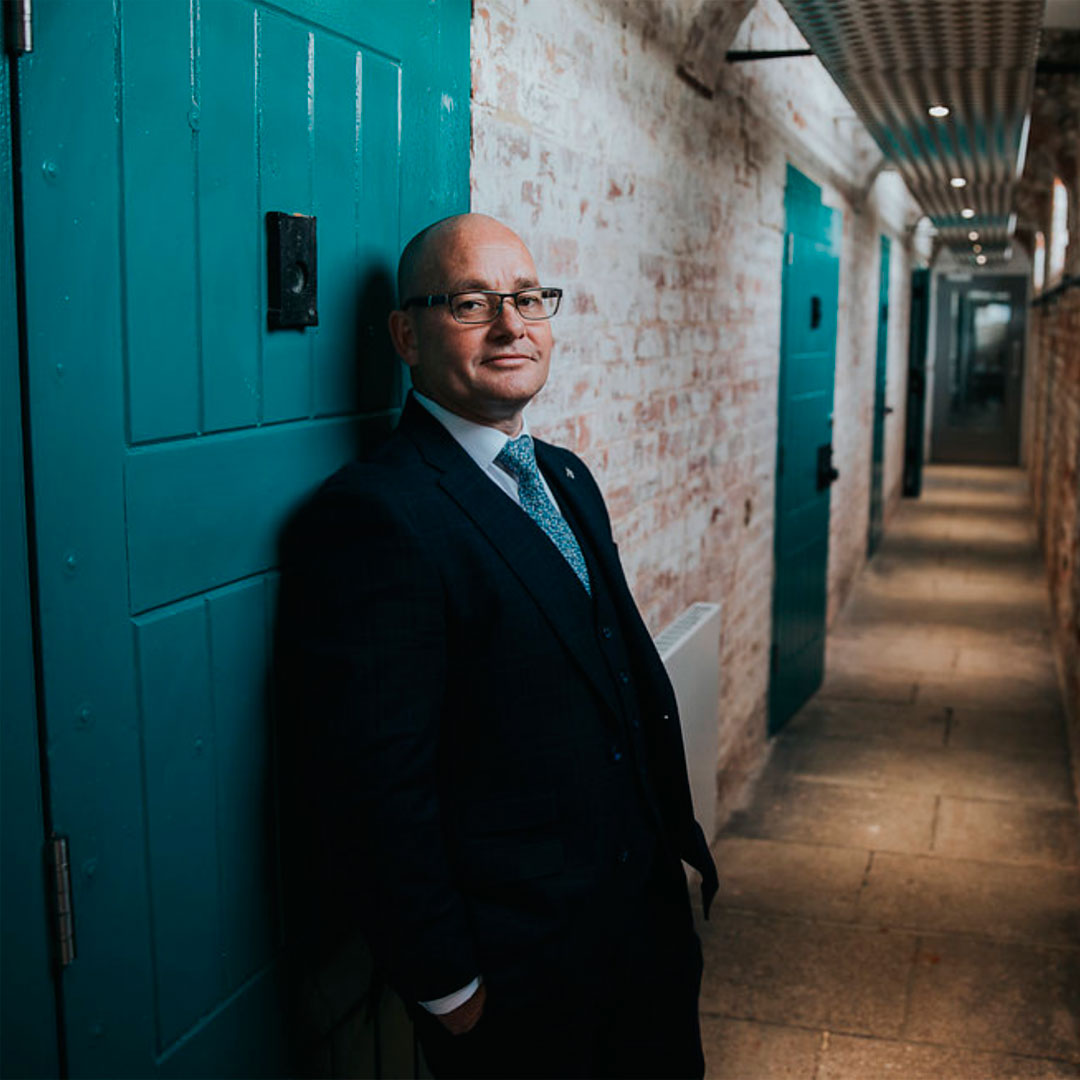Richard Levy was travelling in carriage number one on the Piccadilly Line on July 7th 2005 when Germaine Lindsay – a young convert to Islam blew himself up, killing himself and 26 passengers. Richard who lives in London and works in Marketing was badly burnt and received multiple injuries to his chest, side, feet and hearing.
It was the busiest train I can ever remember being on. In a strange way that saved people; I was protected from the full force of the blast by the people in front of me.
When I came round after the blast I realised that I was alive by the skin of my teeth. There was no carriage left, the sides and doors were all blown away and I’d been thrown against the electric cables of the tunnel. Soot was pouring down from the ceiling and there was a choking cloud of smoke. Instinctively I knew what had happened as there had been talk of a terrorist attack on the London Underground for months. It was no surprise to me.
Despite the utter carnage, I just knew I had to get out, because it was possible the whole place was going to go up in flames. Then I saw a guy with a torch. He told me to climb out and pointed in the direction of Russell Square. I hobbled on to the rails and saw the driver standing there. At this point all I was looking for was someone in authority to tell me what to do. He was shouting at me because the blast had totally shattered my hearing, warning me not to touch the tracks because they may be live.
In hospital, my main concern was how many people had lost their lives alongside me. The experience bonds you and you want to honour the dead above all else. All you know is one minute you’re on a train carriage with a whole bunch of people you’ve never met, and then bang the world changes. When I got out of hospital one of the first things I did was go to Kings Cross and lay some flowers in memory of those who didn’t make it. I feel it’s desperately important to keep those people’s memories alive. People remember the event but can all too easily forget that there were real people involved, and the devastating effect it can have on the people left behind.
At first my view about those who had done this to us was fairly ambivalent. The perpetrator was anyway dead so on whom could I vent my anger? I don’t harbour blame toward anyone for what happened and banging on about British foreign policy is missing the point. There may well be a link but it’s far more complicated than that. My only desire now is for understanding. I need to know why a 19-year-old would blow himself up in the name of a cause taking so many innocent people with him. If we don’t understand we’re in danger of history repeating itself.




